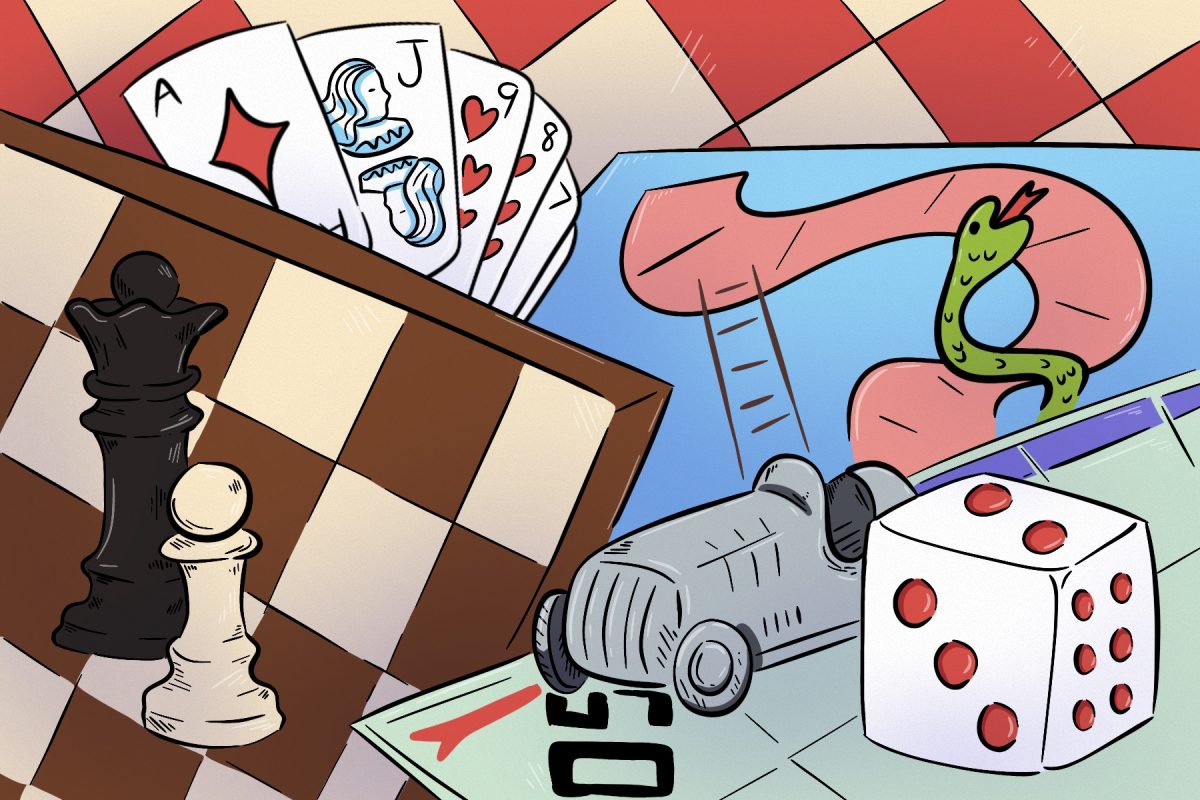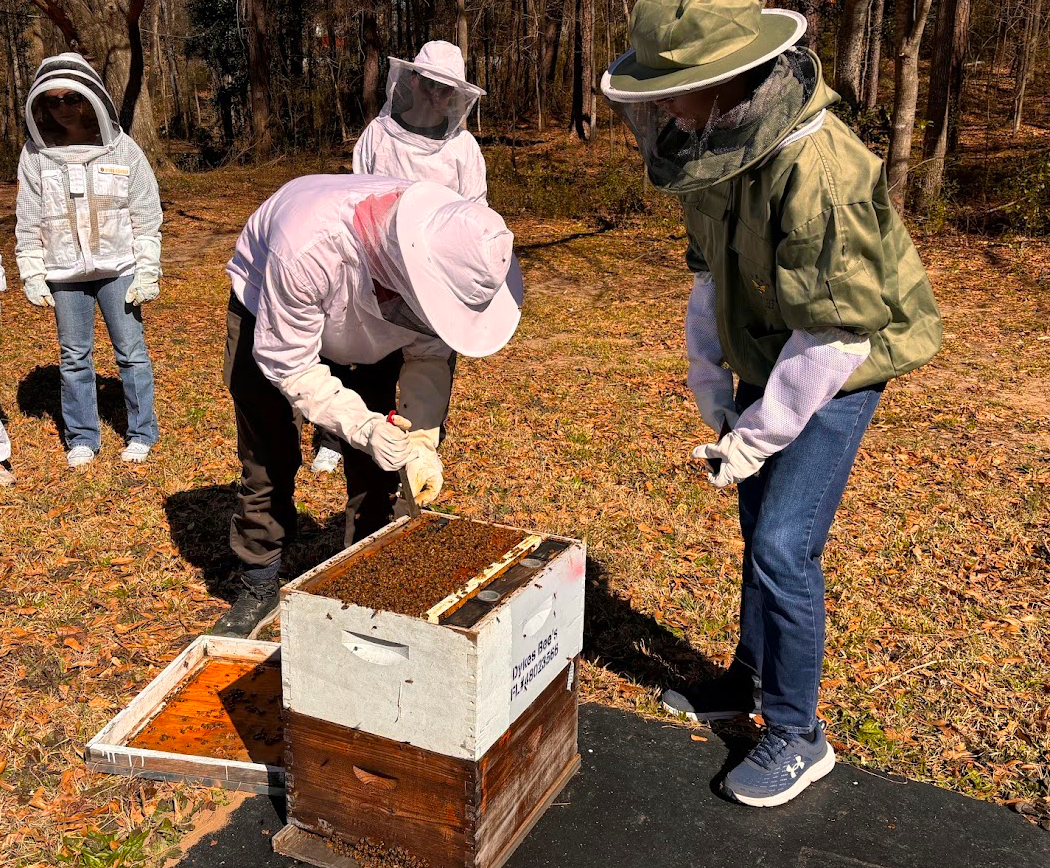From online classes to online streaming, students are constantly immersed in the digital world. Amid the increasing accessibility of online platforms for video games and entertainment, board games are making a cultural comeback.
“It’s a unique situation because you get to see how people are competitive in a low-stakes situation,” Jack Harris, a freshman majoring in political science, said of board games. “You get to see how people react in these, I guess, higher-stress situations, even if it’s still just a game, and it’s really fun to see how people are when they’re having fun and are relaxed. You get to see a lot of different faces in board games.”
The rate of people playing video games skyrocketed in 2021, with the majority of U.S. gamers increasing their play times during the pandemic and 13 million new gamers entering the market.
“You really couldn’t hang out, so you started playing more video games, and therefore kind of continued that trend of still playing more video games,” said Kyle Richard, a first-year interdisciplinary master’s student of anthropology, art history and history.
As more students turn to video games, companies have increased accessibility for players by developing online formats for classics like Monopoly and modern picks like Warhammer.
Jackson Bowen, a sophomore majoring in accounting, said that the use of voice chats and updated game mechanics in online versions of board games can easily simulate the experience of in-person games.
Despite the increasing accessibility of online platforms and online communication, the board game industry is on the rise. The global board game market is projected to grow by 7-11% within the next five years.
Board and card games can bring a unique experience to the table. Bowen said that the game Cards Against Humanity opens groups up to hilarious word combinations and that Uno is highly competitive with its flexible rules and fast-paced play. Players value the human interaction despite the emerging online formats.
“You can’t mimic that. I feel like it’s stronger when you’re in a personal situation because when you’re online, you can always hide behind that shield of at least partial anonymity,” Harris said.
Bowen said that when you’re online, you can’t always see the reactions on people’s faces, interact during the natural downtime of cooperative games — like Dungeons and Dragons — or build off the jokes featured in funny card games.
“It’s more interactive. If you’re there, you’re sitting right here watching everyone,” Richard said of playing board games in-person. “Discord or whatever has made it way easier to interact with people, but it’s not the same as being in person with them.”
Although gaming platforms have changed to include more accessible online versions of board games, the longing for human connections through in-person gaming is keeping board games alive.
“The experience is a bit more authentic,” Bowen said. “Online diminishes the experience.”









